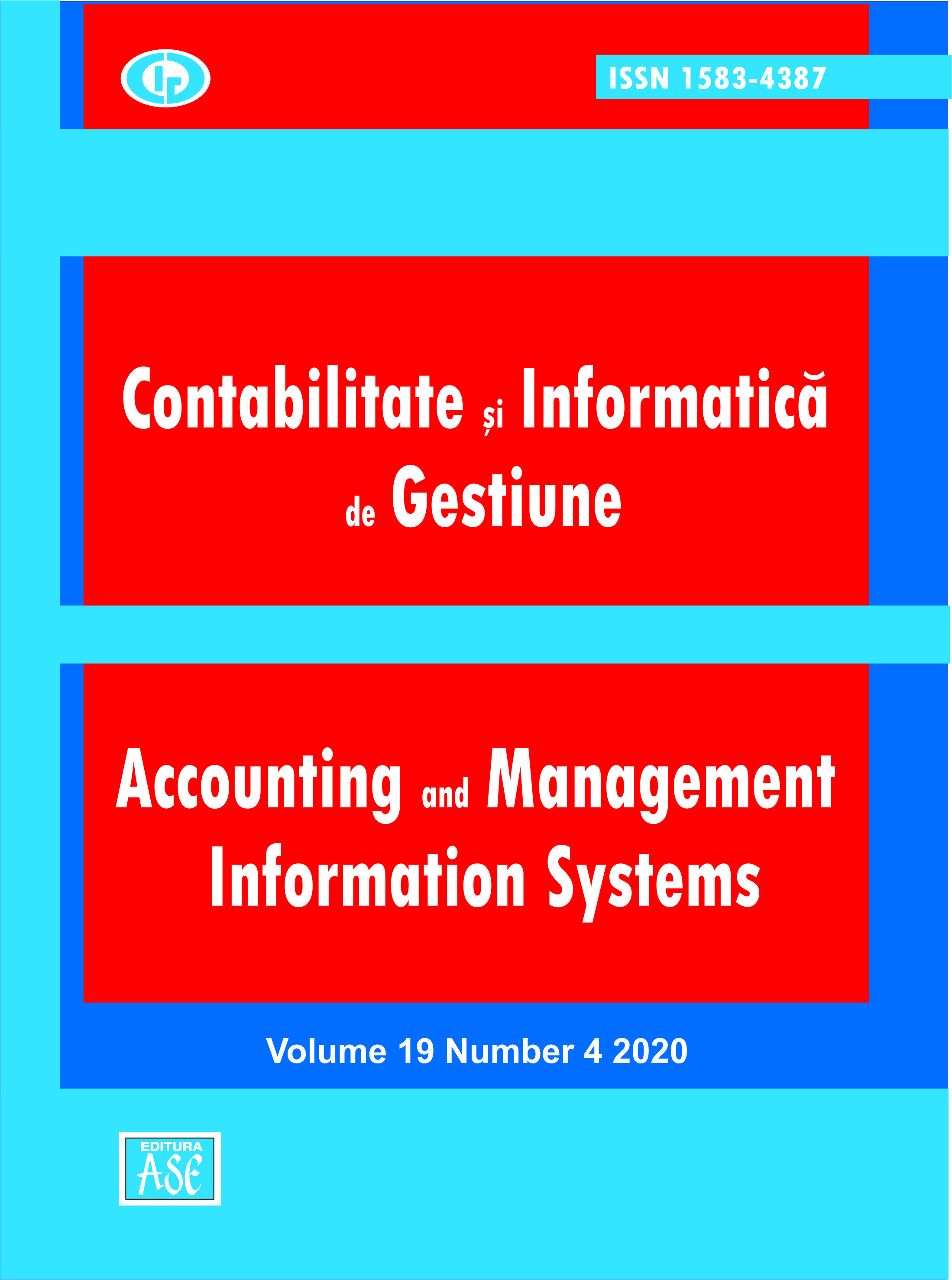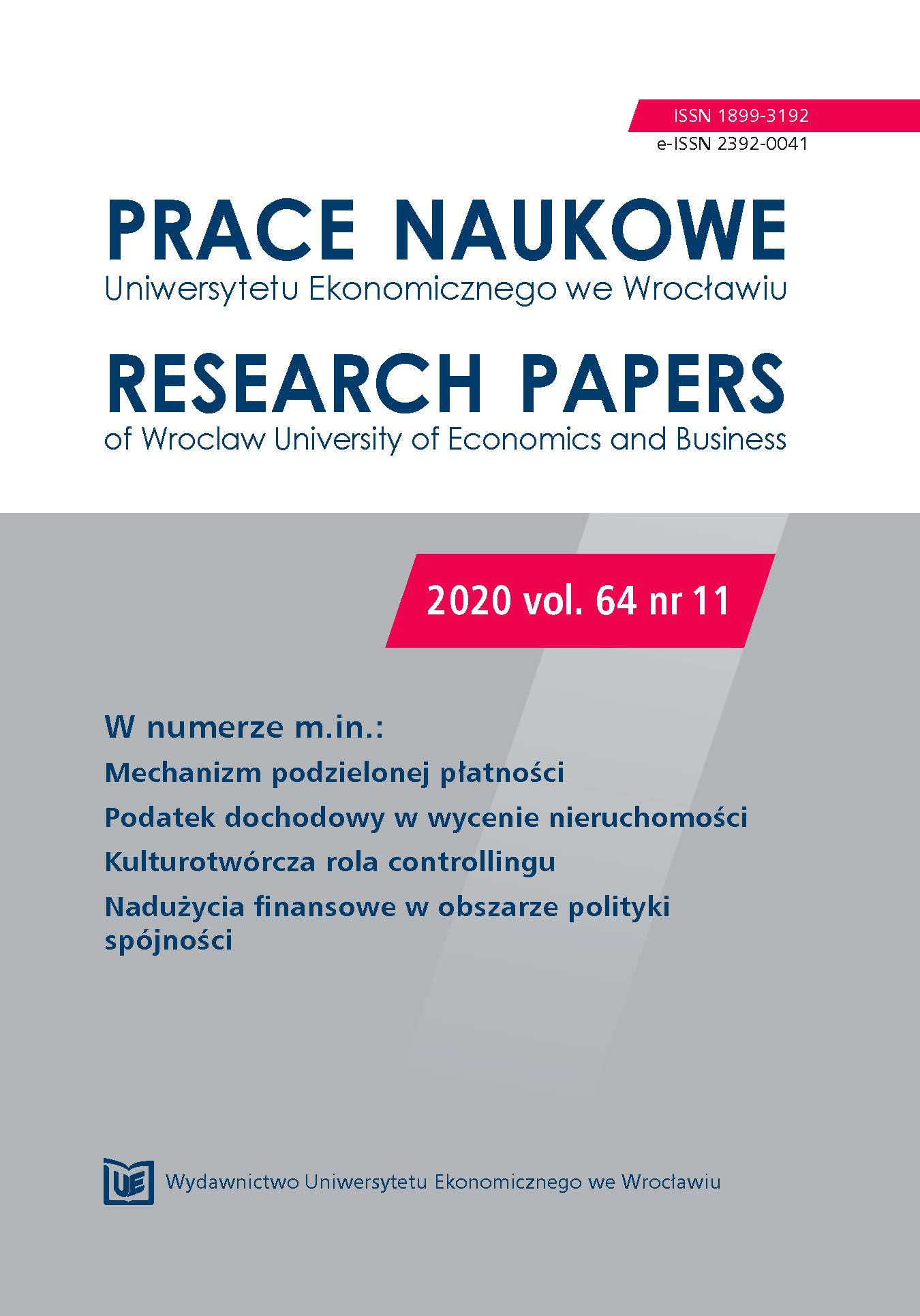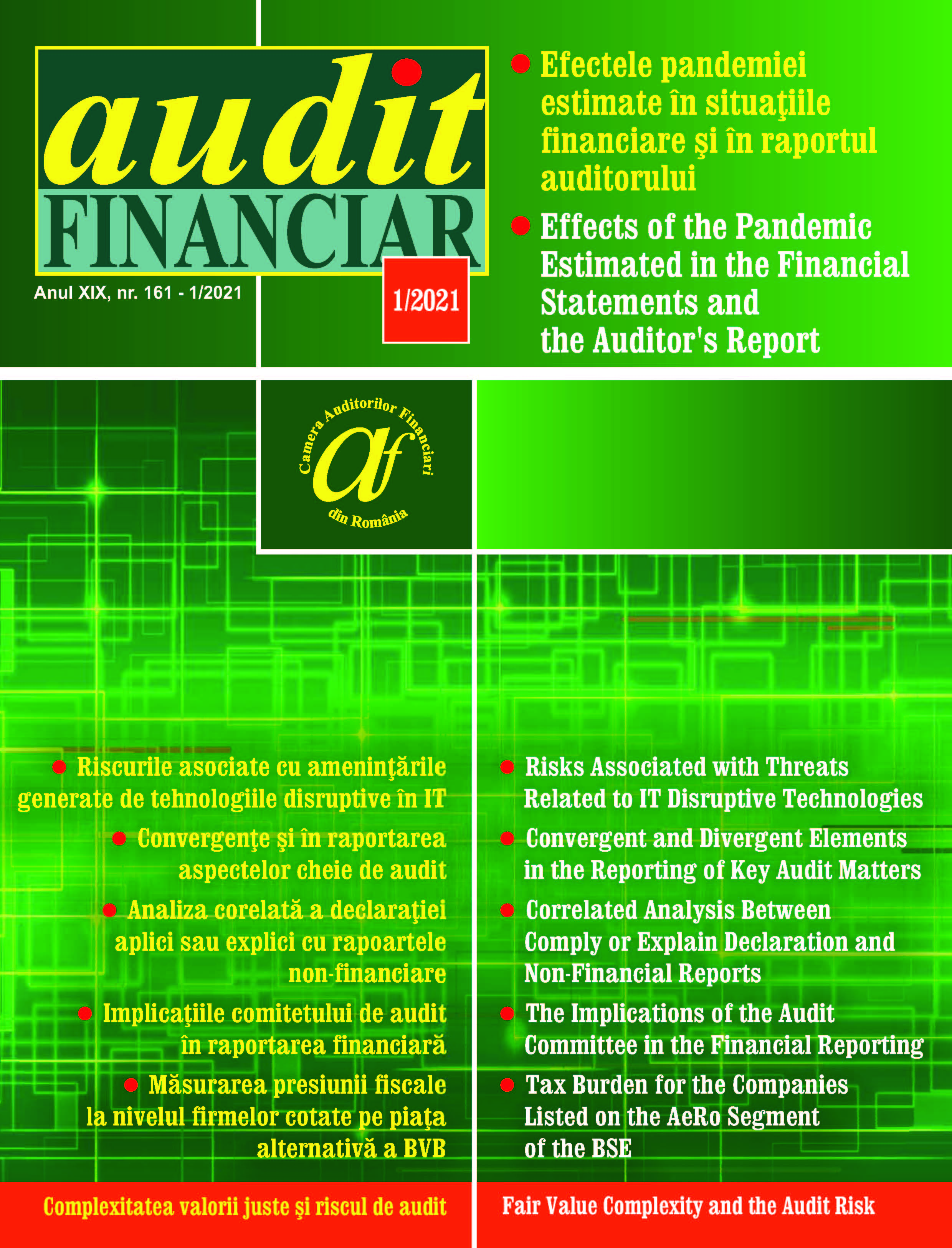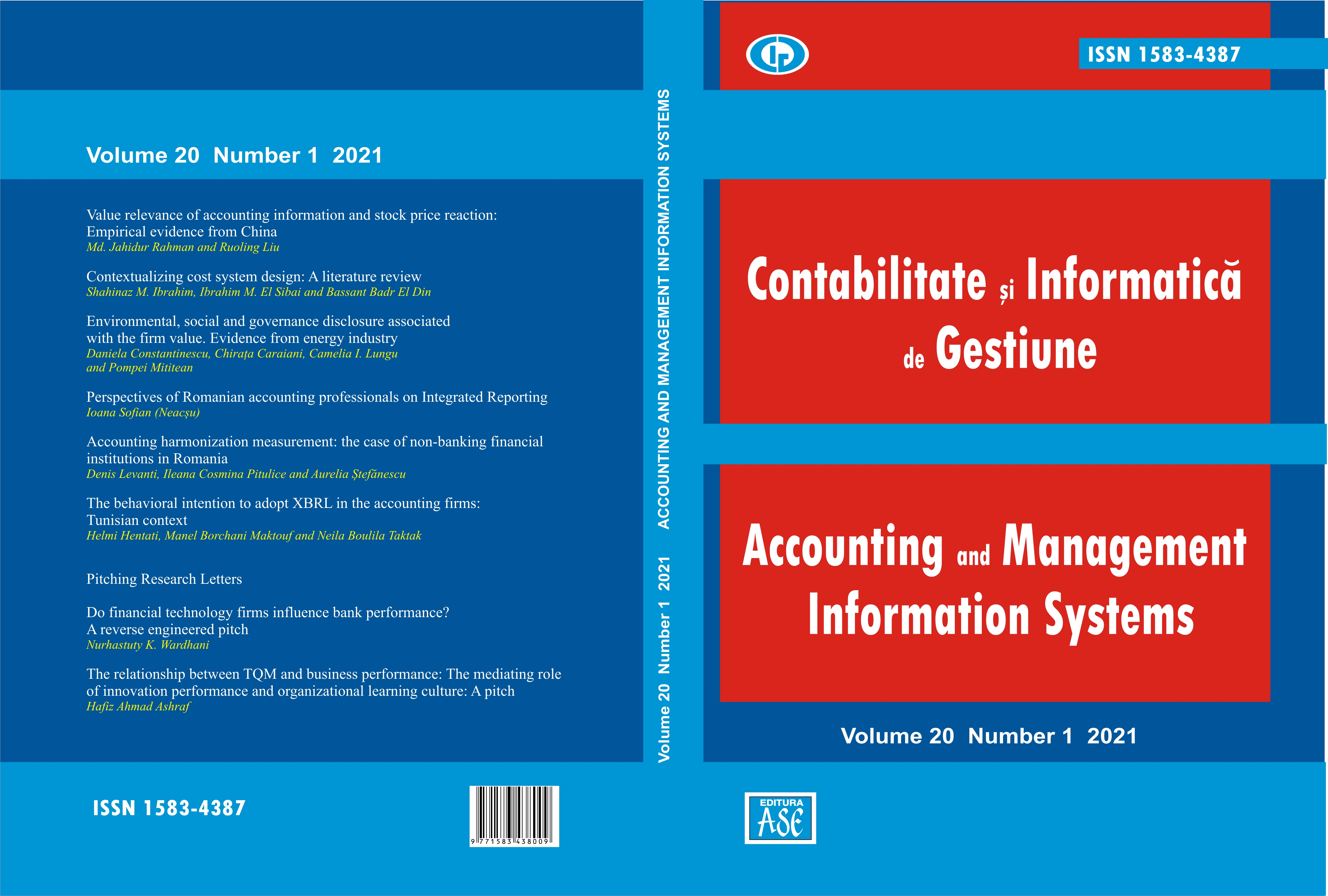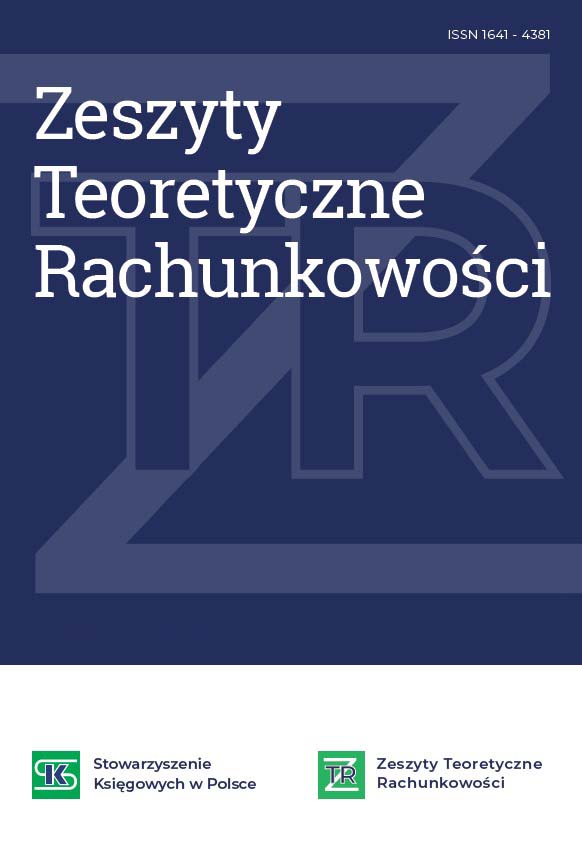
Informacje środowiskowe w skonsolidowanym sprawozdaniu finansowym wybranych spółek giełdowych branży energetycznej w Polsce –analiza porównawcza
Purpose: The article compares the scope and place of disclosure of valuable environmental information in the annual consolidated financial statements of the largest listed companies in Poland's energy sector.Methodology/approach: The empirical study used content analysis of the consolidated statements of the examined entities and comparative analysis.Results: The study showed that the largest publicly traded companies in the energy sector disclose similar groups of environmental information, but where they were presented and the detailed content were more varied. The information is presented in different parts of the financial statements, often in several different layouts and forms. Due to this approach, users of financial statements are required to group and compile the information on their own in order to compare it. This is not conducive to the transparency and some-times even the credibility of comparative environmental information between individual companies. Thus, it may negatively impact investor decisions.Research limitations/implications: This study should be extended to compare the published environmen-tal information contained in the consolidated financial statements of companies from other industries whose activities have a significant impact on the natural environment.Originality/value: The research is innovative, as it indicates the scope of valuable information in the field of the natural environment that should be taken into account when standardizing the financial reporting of companies.
More...
